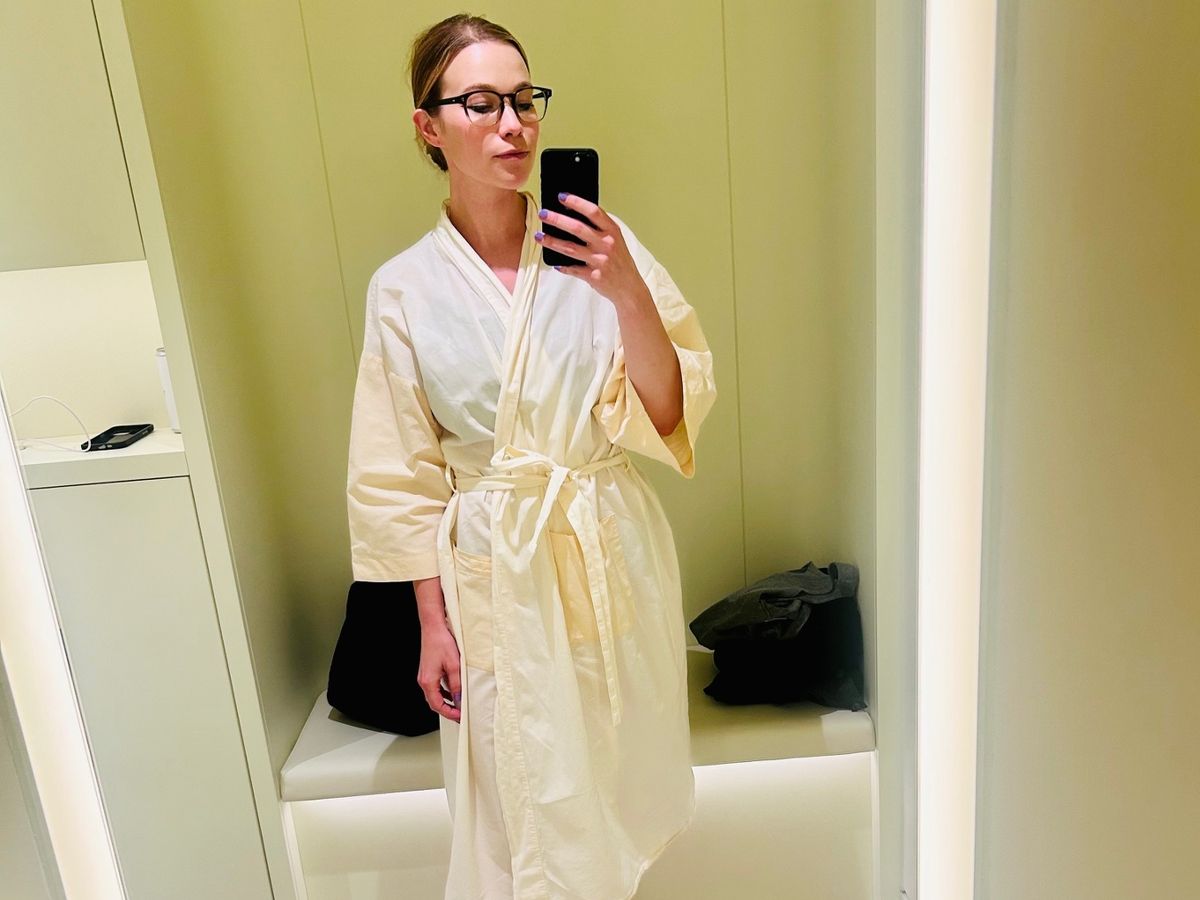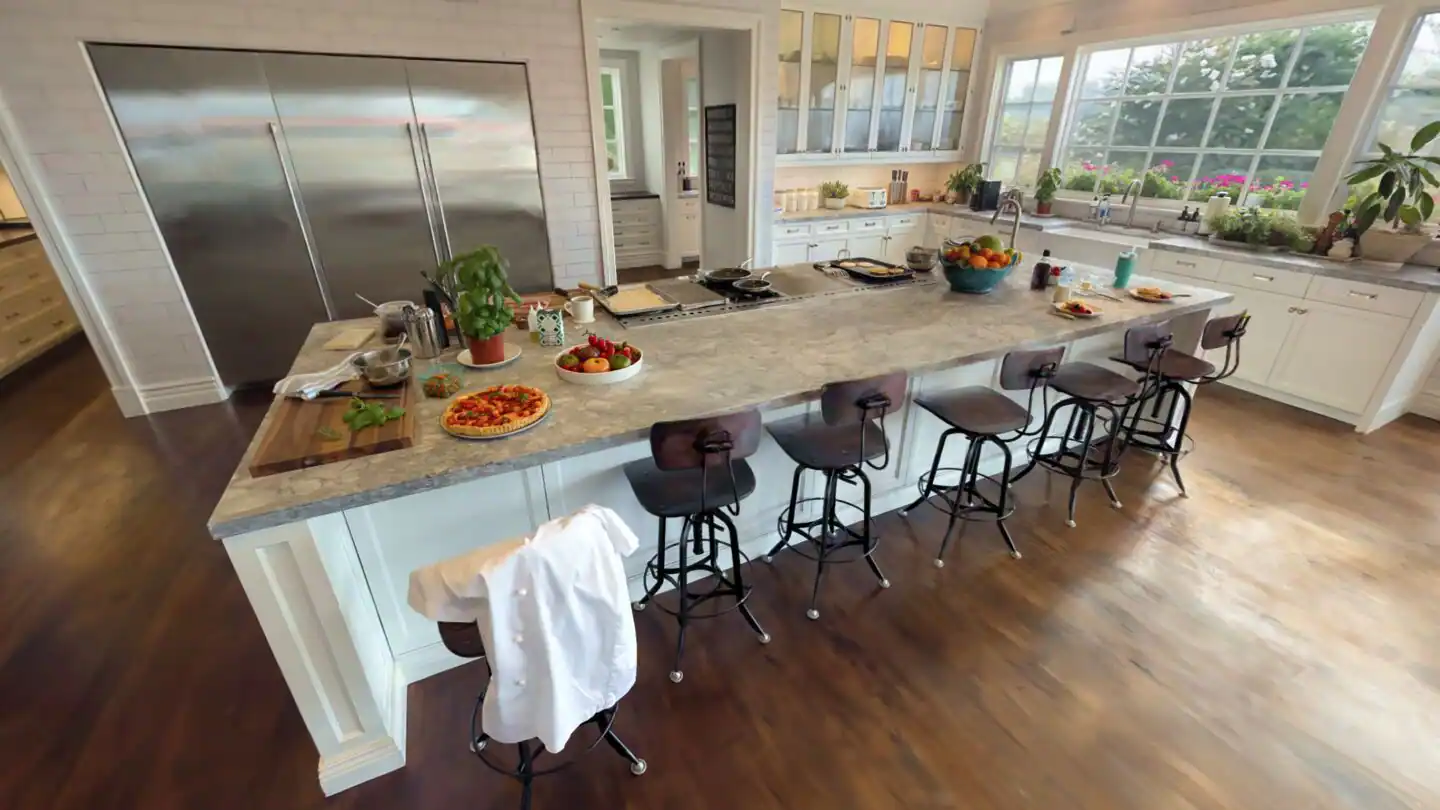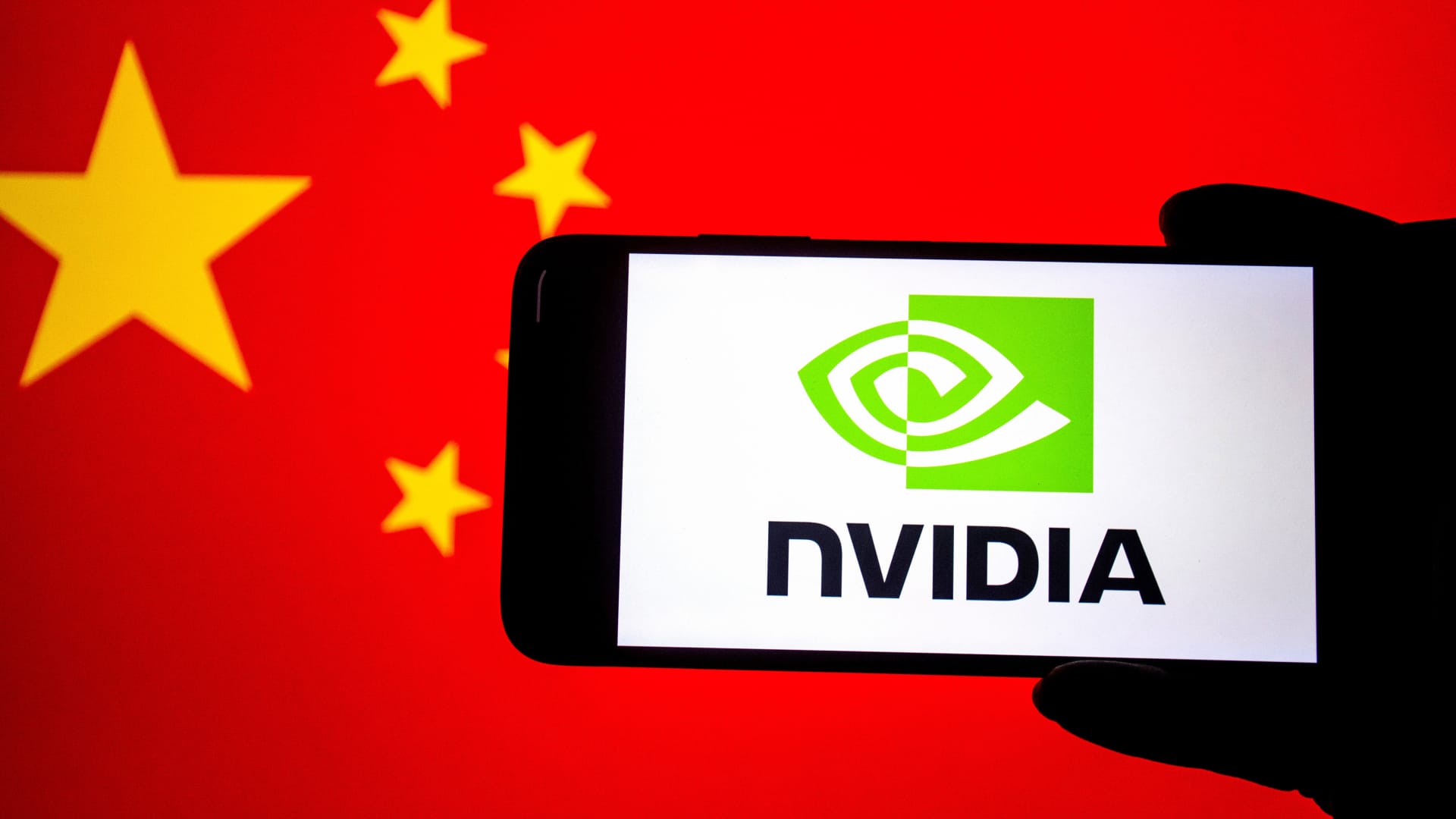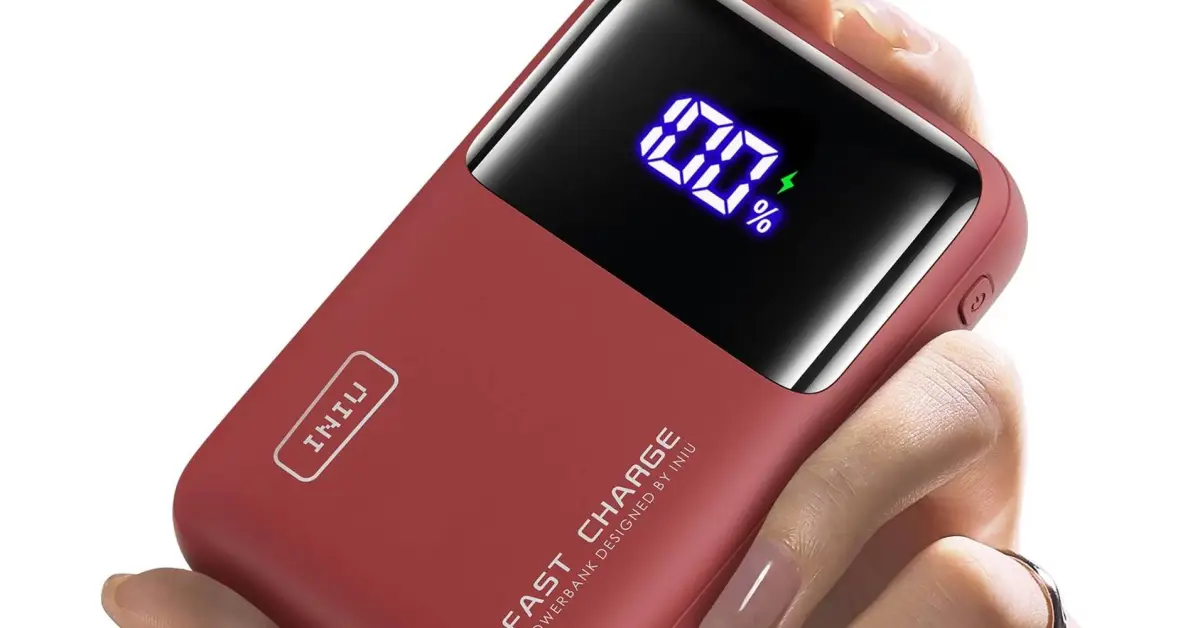‘I tried the £299 health MOT with a huge waiting list that promise to help avoid illness’
By Jenna Campbell
Copyright manchestereveningnews

Stepping inside a brightly lit sci-fi-esque chamber in only my underwear I can’t help but wonder if this is it – is this the moment I’ll be transported to another realm or zapped into oblivion? Instead, an overwhelming heat engulfs me as 24 different cameras take thousands of high resolution photographs of every inch of my body. It takes mere seconds to record the shape and temperature, and to create a comprehensive map of every mole, birthmark and rash. In less than an hour, rather than being poked and prodded as you might expect with a usual health check, I’m treated as if I’ve checked into a five-star wellness hotel. Everything from my blood pressure and grip strength, to my blood fats and circulation are tested, before a doctor goes through my results and advises me on any changes I might want to make to better my long-term health. Stay connected with our City Life newsletter here Neko Health, the self-described ‘preventive healthcare technology company’ landed on Lincoln Square in Manchester City Centre last month . It is here that 20,000 body scans will be completed annually, collecting crucial information on the human body that could be a gamechanger for the future of healthcare here in the UK. This non-invasive body scan that costs £299 maps millions of health data points on the body – both inside and out – in just a few minutes. The check includes assessing moles and marks across the body, symptoms of metabolic syndrome and risk factors for stroke and heart attack, along with blood sugar levels to assess pre-diabetes risk. It also checks for skin cancer and blood abnormalities. As a private clinic, Neko can only currently serve the people that can afford to pay for it. At just shy of £300 it might not feel accessible, but for co-founder Hjalmar Nilsonne it is different to the London clinics costing thousands of pounds, and can alleviate pressure on the western world’s ailing public healthcare systems. “It turns out 80-90 percent of healthcare spending is associated with chronic disease, and this can be prevented or delayed if dealt with in its earliest stages,” he explained. “The mission is to build technology that makes it possible to be more proactive about your health, years or decades before you have problems.” Nilsonne co-founded the company with Daniel Ek, the billionaire co-founder and CEO of Spotify in 2018. After several months of discussions, their mission crystallised – to help the healthcare system shift from reacting to symptoms to preventing diseases. “In the past it’s been ultra high-end and costs thousands of pounds so what we’ve done is instead of using 100-year-old technologies is ask whether you could develop a new diagnostic style for prevention that is much more affordable, much more convenient and also comes with a nicer customer experience.” Wearing my pale yellow dressing gown and sliders I shuffled from the futuristic pod that mapped every freckle, mole and signs of sunburn, and went over to the other side of the room to lie down on a table where a laser measured my pulse and a radar went through my gown to to track how it moved through my arteries. An ECG was also completed, my blood pressure taken with monitors fixed around my wrists and ankles and further checks on my microcirculatory health to check the small blood vessels too. Puffs of cool air were blown into my eyes to detect any signs of glaucoma, while a grip strength test – which I treated like a competition between my left and right hand – was performed, and is one of the best longevity markers. Vials of my blood were taken to check my blood fats and assess my diabetes risk, popped into an incubator and whizzed up a tube, all to be analysed in less than ten minutes by Neko’s own lab within the building. In a way it all felt quite out-of-body, to have so many comprehensive tests carefully and efficiently carried out in just 30 minutes, all while knowing that mere minutes later I would be sat in front of a GP who would provide a detailed snapshot of my health and advise me of any major changes or minor tweaks I would need to make going forward. A softly spoken doctor greeted me in the next room and pulled up a series of slideshows spanning heart & circulation; ECG; Blood fats; body data; diabetes risk; other blood values; and skin data. He then carefully explained each result, whether it was in the good or bad range and how I could manage my health going forward. While you can get tests including your bloods done at the doctors, these can take weeks to come back. Here, and within a matter of minutes, I had data on my total cholesterol, my blood and ankle pressure, my blood oxygen and heart age. The latter was four years below my actual age with the doctor informing me that my regular schedule of running was definitely helping keep my heart fit. This in particular was a relief to know due to hereditary heart issues and a certain apprehension I had going into it. While my overall cholesterol was in the normal range, and would probably not be probed too further if seeing my own GP, the point of Neko is to monitor and prevent and I was given some easy dietary advice to implement to slightly lower it. In total, 325 skin markings were recorded from the scan, but none flagged up as needing to act on or monitor. For those where it does, Neko has their own dermatologist who will take a further look, and if it requires immediate action or concerning skin conditions, the individual will be referred to their GP. In its second year of operation in Stockholm in 2024, Neko scanned 4,362 people. Of these, 81.3 percent had no health issues, and Neko Health helped them to learn how to optimise and maintain good health. However, 18.7 percent required medical treatment. Among this group, 1.2 percent received potentially life-saving care for severe conditions such as cardiovascular disease, serious metabolic disorders, and skin cancer. But as its co-founder Hjalmar explained to me, the group which is of most interest and potential is the one where they find nothing wrong. This group is yet to present any problems in terms of the data tested, but the key is try and help it say that way and the hope is that long-term this will have the biggest impact in terms of preventative healthcare and wider public health. As it stands though, Neko’s technology comes with a price tag for the consumer – one that for most is simply too high an expense. For now, it may be a luxury, but Neko hope that with advancements in technology it will be able to be accessed by more – and AI will play a big role in this. Personally, I enjoyed the experience and the data on my blood fats and heart health provided peace of mind and reassured me that my own efforts are paying off in terms of my health and wellbeing. The skin map is also very useful and can be trickier to get through a standard GP appointment. One of its limitations is its current remit though. While it reports on a broad spectrum of data, it feels like there is a lot of potential to customise as the technology evolves, perhaps in the realms of reproductive health and mental wellbeing. The idea of Neko is for customers to come back once a year to over time build up a picture of someone’s health and prevent them from becoming ill. I think its a worthy and necessary step, and hopefully in the years to come won’t just be a luxury but a fundamental part of health care systems that everyone has access to.



